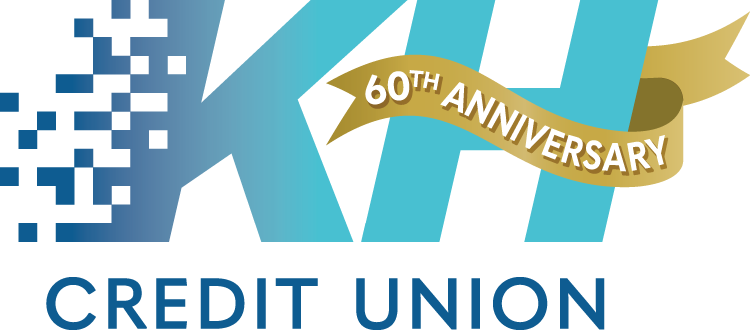So, you want to learn more about your money and make moves with it. Go you.
“That’s a moment of self-awareness that requires celebration,” says San Francisco-based financial coach Saundra Davis.
And your timing is perfect, as April is Financial Literacy Month. This designation wouldn’t exist unless many people needed help understanding their money.
“You’re not the one person out there that hasn’t got their finances together,” says Orlando-based certified financial planner Angela Moore.
Go easy on yourself, and start small
It’s OK if you don’t save much or have a clue what IRA stands for. Aim to avoid negative self-talk and give yourself grace, says Moore, who’s also the founder of Modern Money Education, a platform offering personal finance courses.
Start with “baby steps,” she adds. Schedule time to try the steps below, so you’re mentally prepared. (This is opposed to, say, waiting until you’ve overdrafted and feel frazzled.) For a few of these steps, you could even set a timer and plan to spend about 15 minutes on the exercise, so you don’t get overwhelmed.
As you try the following advice, “think about how you learn best,” says Davis, who’s also the founder of Sage Financial Solutions, a nonprofit specializing in financial education and planning for low-wealth and underrepresented communities. For example, while group discussions may be motivating for some people, others would much rather read a book. So try a few strategies to find what works for you.
Ways to learn about money
Talk with a professional
A financial coach, counselor or other expert can help you figure out where to start and what to prioritize.
The Association for Financial Counseling & Planning Education is offering free virtual sessions. The AFCPE website says its certified financial counselors and coaches “can help you manage immediate expenses, build savings, create a plan to pay off debt or navigate financial assistance benefits.”
You have other options, too. The Financial Planning Association provides pro bono financial support to low-income individuals and those considered to be “underserved,” including veterans, people affected by natural disasters and others.
Nonprofit credit counseling agencies typically offer free financial advice, too, and cover budgeting, debt and other topics. Look for agencies that are members of the National Foundation for Credit Counseling or the Financial Counseling Association of America.
Or chat with friends and community members
If you’re not up for counseling, simply chatting can help you think and learn about money in a casual way. You can learn how peers manage money, voice your financial concerns and brainstorm solutions.
Just remember that you’re participating in an informal conversation — not receiving professional guidance. Do your best to verify advice on your own. For example, look for webpages on the topic that include sources for the information, such as professional experts or studies.
To find in-person money conversations, look into local churches, libraries or universities. Or check out Meetup, a website that helps groups gather. You could also start money conversations among your own friends to normalize the topic.
To learn with others online, Moore suggests looking into Facebook groups that discuss personal finance. Exploring Reddit’s r/personalfinance channel and its helpful wiki page can also be an easy way to start thinking about money.
Try quizzes, apps and spreadsheets
Would you prefer a solo exploration of your money? Many online tools can help you see where you stand and determine your next steps.
Take this eight-question financial health quiz to determine your ability to weather financial stressors and achieve long-term goals.
Or see where your money is going with a budget app. Mint, for example, syncs all your financial accounts and shows how your expenses fit into various budgeting categories. Knowing how much you’re spending on what is a helpful first step in managing your money and setting goals.
A free budget spreadsheet, like those provided by the Financial Trade Commission, NerdWallet and Microsoft Office, can also help you understand your finances. These spreadsheets are more hands-on than apps that sync your accounts, because you’re responsible for filling out fields related to incoming and outgoing money.
Review your finances and set goals
Interested in learning more about your money but don’t want to fuss with an app or spreadsheet? Try Moore’s old-school approach with her clients. She has them spend 15 minutes simply jotting down their financial inventory on paper.
This would include the amounts in checking, savings and investment accounts; average bill payments; debt owed; estimated money spent each month; and take-home income. Start with estimates.
“You’re not going to know a lot of this stuff,” Moore says. Ideally, all these missing pieces will make you curious, she says. So look up the real figures. You may find your estimates are way off.
This exercise is meant to help you understand where you stand today. Knowing these basics helps you make changes and set goals.
For example, if you spent more than you thought on takeout in March, you could aim to spend half as much in April. Or perhaps you’re inspired to refinance a loan, start an emergency fund or contribute to your workplace retirement plan.
Whether you’re ready to set goals on your own or decide to use a tool or talk with a professional, you’re on the right track. As Davis says: “Start exactly where you are, with no shame.”
